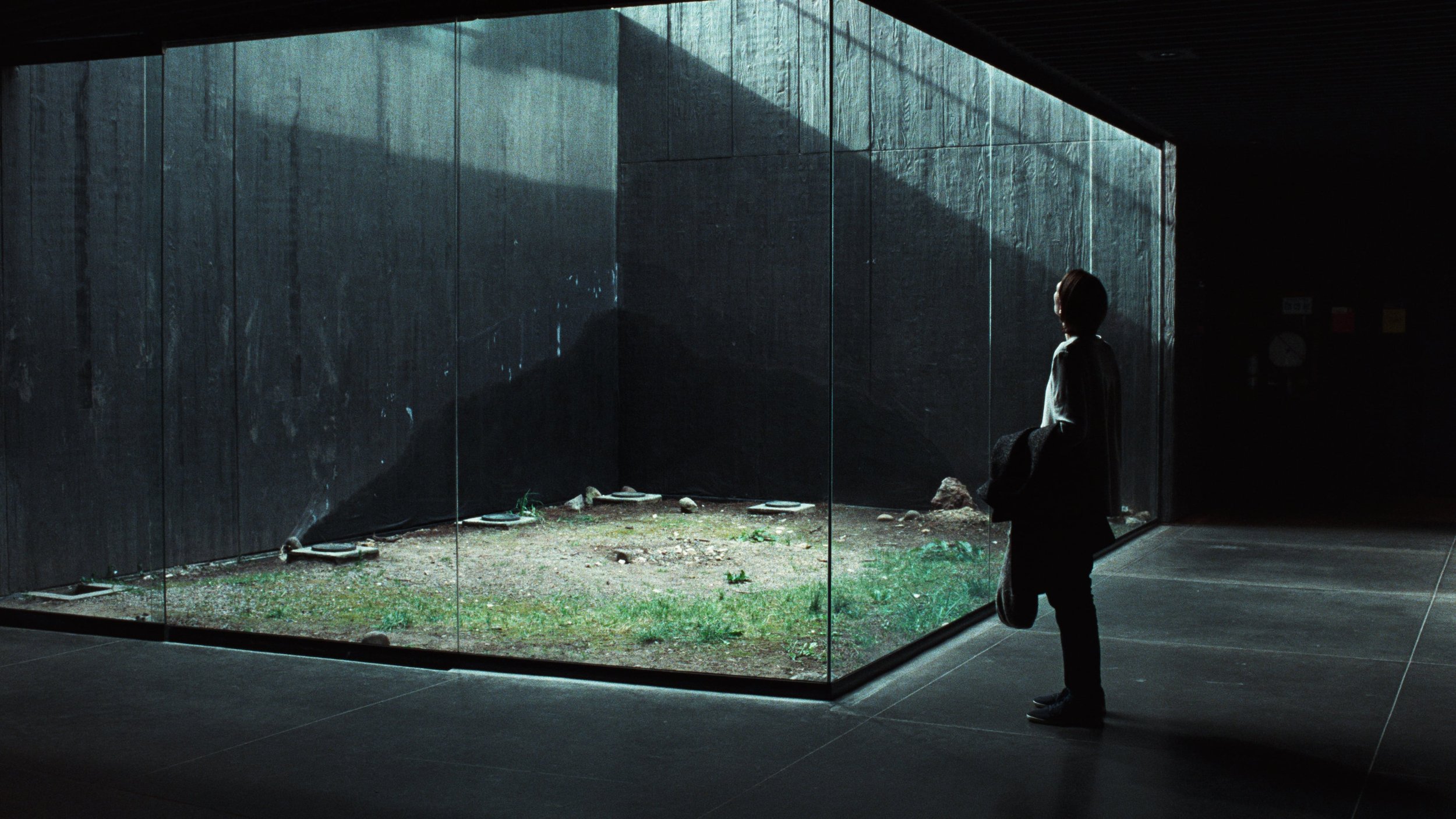Memoria
NeonThai filmmaker Apichatpong Weerasethakul has shocked and wowed audiences since his 2000 debut feature Mysterious Object at Noon, racking up awards and eyeballs along the way. Winning the Prix du Jury at the 2021 Cannes Film Festival, Weerasethakul's newest feature, Memoria, promised to offer yet another unique and hypnotic experience from the director; it largely accomplishes. Taking place in Bogotá Colubmbia, Memoria follows a woman named Jessica Holland (Tilda Swinton) who is visiting her ill sister when, one night, Jessica hears a loud boom that is unlike anything she has heard before. Jessica begins to be haunted by this boom which randomly appears to her and seemingly her alone as she travels around the city meeting individuals and looking for answers.
From the start, and not at all shockingly considering the director, it is clear Memoria is going to be a divisive viewing experience that will leave some completely cold while others find an almost religious power within the film. Moving a slow pace through a 136-minute runtime, Memoria might be a taxing experience but it is far from boring. There truly is a hypnotic quality to the film that defines itself by stillness. The characters and motions on screen are often overwhelmed by the stillness of buildings or of the camera which sees cinematographer Sayombhu Mukdeeprom craft a highly unique sense of space and framing. The film plays almost as if it is trying to seduce the senses. From unique audio triggers and experiments with space within audio to its crafted uses of color and nature, the film is undeniably technically interesting but feels combative at times with its thematic qualities.
The struggles of Jessica and her sister Karen (Agnes Brekke) are intriguing first steps for a thought-provoking cinematic experience. While Jessica is suffering from these random sounds, Karen is suffering from a mysterious illness which she believes is a curse put on her either by a dog she left to suffer or a reclusive tribe she is researching. These open the door to unique meditations on human will, spirituality and the battle between nature and humans. While the first two-thirds of the film feels rather poignant in these conversations, the ending feels like a massive botch.
Rather than rewarding the audience that has been engaging with the film up to this point, the film gets lost in a stagnant third act that introduces some truly baffling new ideas that do nothing for the conversation it had started. For any individual hoping to be able to engage with the film and predict where it is going to go via engaging with the film for nearly 2-hours, the ending spits in their face in a manner so frustrating that it threatens to negate the entire value of the film. When a movie is as taxing as Memoria and requires the audience to actively engage in its conversation this much, there needs to be a conclusion to justify the effort, but Memoria seriously lacks this.
Tilda Swinton also feels rather lackluster as the lead Jessica, with her ability to perform being overly dominated by her character needing to feel confused. Rather than being able to bite into any emotion and find the venom or impact really needed to be great, Swinton feels let down by the style of filmmaking around her. This is yet another area of the film that feels as if it is building towards a grand conclusion in the third act but, ultimately, Swinton sadly never gets her moment.
Memoria is, above anything else, a frustrating film. While the first two-thirds to work and the seductive slow style of storytelling stands tall, the ending drops the ball massively. Because of this, Memoria is a viewing experience overall impossible to truly recommend as the reward simply feels lesser than the effort it takes to engage with the story. Memoria proves that nice visuals and incredible audio design are not enough to create a worthwhile film.


